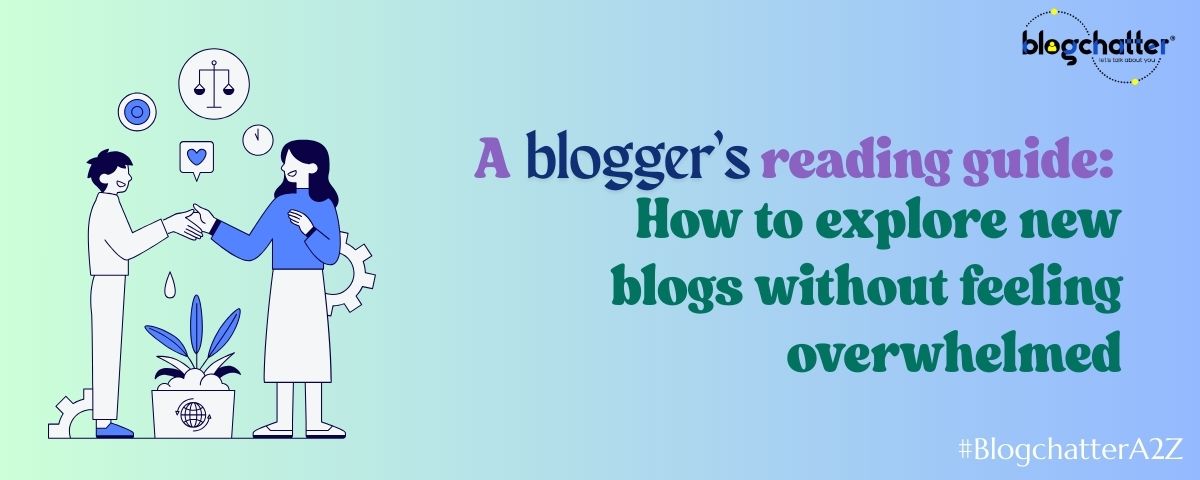SEO or Search Engine Optimization is what helps search engines to find relevant content for a search query. You need your page to rank well on Google and reach as many people as you can. SEO strategies separate your website from the competition and set standards for how Google should rank web pages. The more clicks and conversions you get, the higher you rank. Every potential reader trusts the search engines; a high ranking on it will reassure them that your website is credible. Furthermore, SEO is affordable, especially if you have a limited budget. Therefore, you can start getting organic traffic by improving your SEO if you cannot afford paid advertising.
Here are some simple SEO tips and tricks you can use to attract traffic to your website:
Keyword Research
The cornerstone of any effective SEO strategy is keyword research. Identify and comprehend the content that has the highest Google ranking and the keywords they are using. To attract more visitors on your website, create content with proper keywords. Each page simply needs relevant keywords. Your keywords can help with the main theme. Most likely, you'll have a number of these.
- Try to naturally include them into your text; however, if they don't fit, don't force them.
- The keyword must be present in the SEO title and preferably in the heading or the subheading.
- Synonyms of keywords can also be considered in the total number of keywords in the blog post.
- Maintain keyword density in your blog post i.e. 10 times keywords should come in a blog post of 1000 words.
- The first paragraph of your blog post should explain the title and include the focus keyword to help retain the reader on your site for a long.
- Words like - Latest, in 2022, Tutorial, Complete Guide, Updated, For Beginners, How To, etc. in the title & URL link helps in google ranking.
Check this to understand Keyword Research better.
Study Your Competitors
The first point of call for any blog owner wanting to grow their website in a crowded niche should always be competitor research. Find the keywords associated with your niche and conduct an internet search for them. Write down the top ten websites that appear after that; those websites are your principal competitors. Start by evaluating your methods with theirs to identify where you fall short. The next step is to develop a plan that outperforms their current tactics. Now that you are aware of your competitors, you should use advanced SEO tools to examine their websites. Use the website to compare the overall user experience after an automated analysis. You might discover more about powerful content distribution channels or come up with fresh ideas for your content by looking at the websites of your competitors.
Unique Content
Plagiarism is strictly prohibited by search engines. Google despises duplicate content as well. Therefore, if you steal someone else's content and pass it off as your own, your site may be detected or demoted. Use a variety of sources for your study in order to provide original content. Then, put everything in writing using your own words and supporting your arguments. Fresh content will therefore raise your search ranking. Due to the value they receive, readers would be more loyal. Keep in mind that you may always utilise a plagiarism detector, and your writing shouldn't have less than 85% originality. To determine whether your website includes duplicate material, you can also use SEO tools.
Check this for how to write unique content.
Optimize Your Titles and Meta Description
The title or headline of any online article is what initially catches your eye. Depending on the headline's content, the reader rapidly decides whether to read more or go on to other things. Therefore, an attention-grabbing title or headline unintentionally boosts traffic to your website. To increase SEO, you should also add keywords to the title. The title shouldn't have more than 60 characters overall, including spaces. Don't forget to add relevant keywords to your meta tags and descriptions. Make sure the website's content is briefly summarised in the meta descriptions. Additionally, you should add alt-texts and image descriptions.
Here are some best practices you can follow to write meta descriptions.
Use Short, Descriptive URLs and Optimize Your Images
Images, infographics and videos related to the content are considered rich content. Use relevant keywords to describe the images and add alt texts. Images can be optimised to load more quickly. To reduce the size, you can use a script or a plug-in. It is also advisable to optimize the length of your website’s URL. Shorter URLs (around 60 characters) perform better in search engine rankings. The user experience is improved by shorter URLs because they are easier for users to remember and type. Finally, always include keywords in the URL of the content.
Internal, External and Back Links
Effective usage of internal and external links can raise credibility, user experience, and crawlability. Internal links direct users to other pages on your site. They encourage visitors to stay on your site longer and aid search engine crawlers in finding your content. To help your audience find more information on a subject they are studying without ever leaving your site, you can link relevant blog entries. External links are links that lead a user to another website. These can be used to link to websites that have reputable, high-quality content on the subject of your article. Always check your external links before including them because doing so could damage your credibility if you refer to low-quality information. Backlinks, or external links pointing to your website, are an important ranking element. Links from trustworthy websites can boost your site's authority and enhance its SEO over time. Make sure the linked pages' content is comprehensive, informative, and useful.
It's essential to learn and implement SEO if you want to be successful in the constantly evolving digital technology. Thanks to blogs, ebooks, podcasts, videos, webinars, and other resources, you have a tons of information at your disposal. Begin with these SEO tips and with consistency your chances of moving higher in search engine rankings and generating more organic traffic will increase.






Comments
Really helpful article. http://www.weballways.com
???????????? Great article ???????????? http://www.weballways.com/seoresellerindia.php